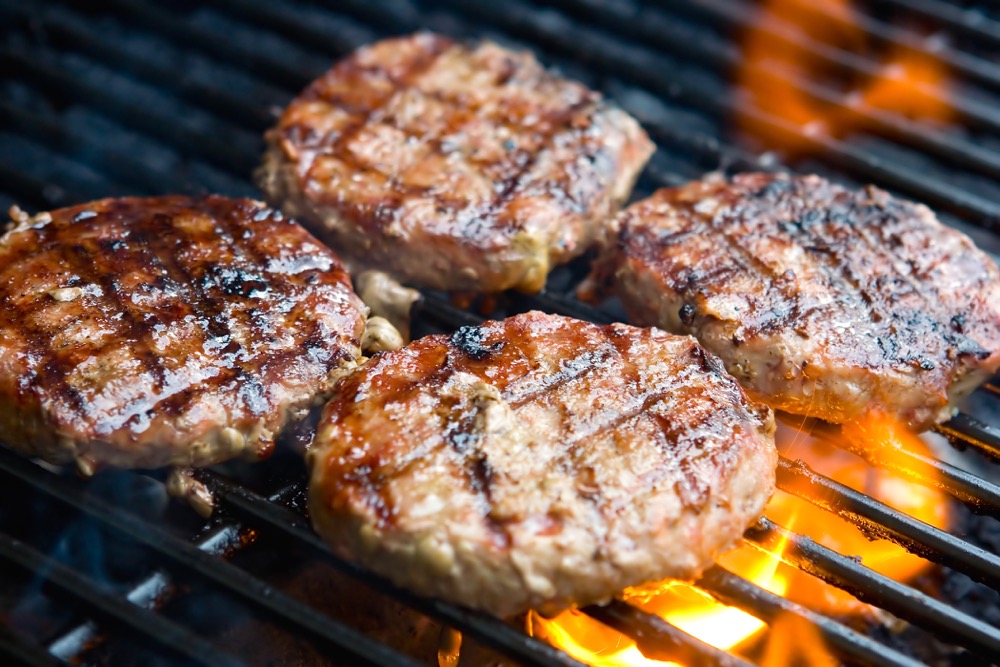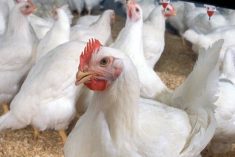HAMBURG, Feb 18 (Reuters) – German poultry producers have given up a promise to consumers to avoid feeding birds with soy containing genetically-modified organisms (GMOs) because of lower supplies of non-GMO soybeans, poultry producers association BBH said on Tuesday.
Brazil, the main bulk supplier of GMO-free soybeans, was likely to cut its supplies of GMO-free soybeans by 50 percent this year partly because of cross-pollination with conventional beans, the association said.
The danger of cross-contamination between GMO and conventional crops during transport has also risen, it said.
Read Also

Trump quadrupling Argentina beef tariff rate quota to 80,000 tonnes
U.S. President Donald Trump’s administration is quadrupling the tariff rate quota on Argentinian beef to 80,000 tonnes to reduce prices and protect American farmers, a White House official said on Thursday.
“Feeding for chicken and turkey production in Germany without use of genetic technology can no longer be undertaken,” the association said. “Specialist feed factories for production of poultry feed requires a seamless supply chain with impeccable GMO-free soybeans, but supplies can no longer be guaranteed in the required volumes.”
The association said Germany was not alone with such problems and some British and Danish poultry producers had in the past year also given up commitments not to use GMO soybeans.
Germany is one of the EU’s largest poultry meat producers, in 2013 producing about 1.5 million tonnes of the total EU output of 11.7 million tonnes of poultry meat.














